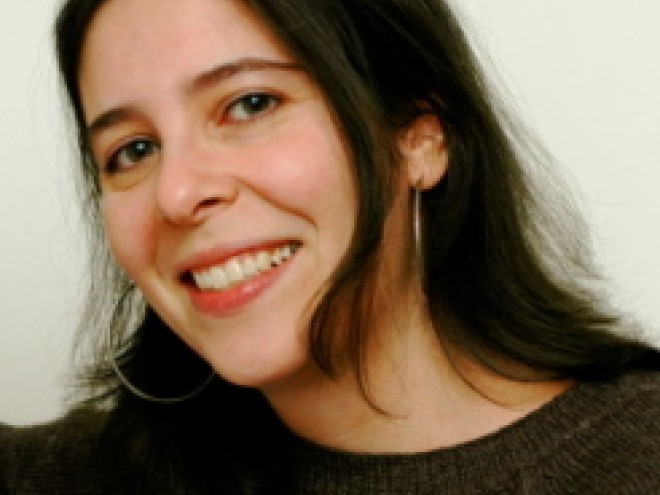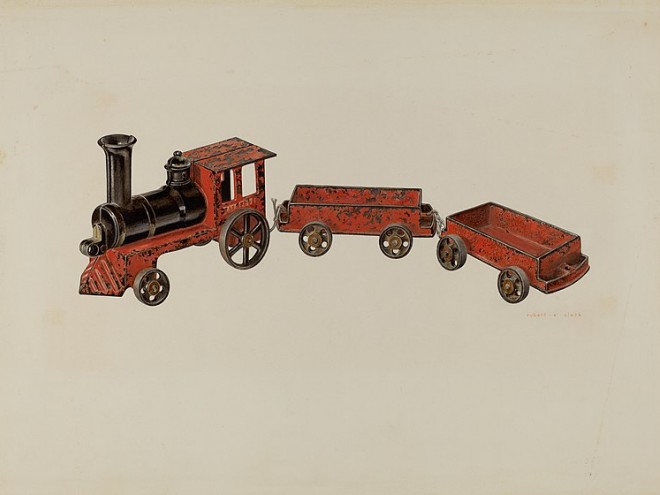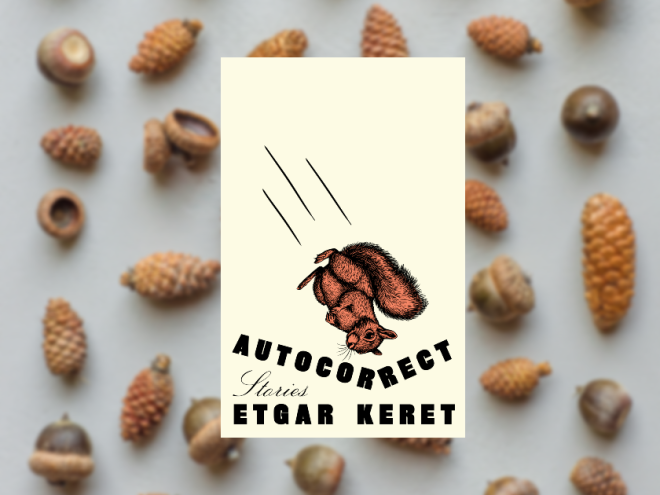Beautifully translated from Hebrew, Our Holocaust is a novel narrated by a nameless child of Holocaust survivors. A prizewinner in Israel, it tells the story of relatives who are “collected” by virtue of the fact that they themselves have no one to call their own family since many of their parents, children, brothers and siblings were murdered during the Holocaust. The relatives operated under the “Law of Compression,” wherein fellow neighbors were turned into uncles, cousins and even grandparents. The colorful characters range from the eccentric, inwardly fearful Grandpa Lolek to Uncle Mendel and the cantankerous but loving Feiga. Although these Holocaust survivors make an effort to conduct sane lives, the horrors they experienced continue to haunt them, from panic and fear over a knock at the door, to inner demons plaguing the minds and souls of those who experienced the brutalities of the Nazis. Soon, the narrator also takes on the fears of his relatives, and begins to question those who walk down the street, or frequent his home, wondering if they were themselves Nazis, loyal soldiers or even worse, murderers themselves.
Our Holocaust is titled so appropriately: It makes the reader see that those who survived the Holocaust are not alone, that the horrors, the brutality, the pain and suffering are emotions that each of us share collectively as Jews. This book is impressive, and would be treasured by anyone interested in historical fiction as it relates to Jews who survived the brutality of the Nazis.
From the Rohr Judges
Gutfreund’s work is, as he takes pains to stress, not an autobiography. But it isn’t precisely not an autobiography either, and therein lies some of its complexity. In focusing on the story of how the Holocaust resonated among Israelis in the decades after the war, Gutfreund is following the imaginative ground of other writers, most notably David Grossman; but he does so in a way that is entirely his own. Gutfreund has stressed the remarkable research at Yad Vashem that went into the book, and the results are evident: even if this is, in part, a family story, it feels like more than that: a chronicle of the kind of stories that could have taken place, even if they didn’t.
The survivors themselves, with their tics and their idiosyncrasies, are instantly and permanently memorable; the children who grow into adulthood, wanting simply to know more, are equally so. By the time that the story begins to move in the less firmly realistic ground, into the land of “Over There” — what might have been rather than what we know to have been — it hardly matters to the reader of the novel what was true and what Gutfreund has invented; what we are witness to is the development of an important work, not only of the genre often called “Holocaust literature,” but of Jewish literature more generally.
Excerpt
Our immediate surroundings were occupied by Mom and Dad and Effie’s mom and dad. They were younger characters, who would hand down their stories to us every year when we were Old Enough.
Except for my Mom, who kept quiet.
What did we know of my Mom’s past?
In a village among Christians, a five-year-old Jewish girl fearfully recites Hail Marys, a prayer differentiating life from death. Later, with her mother and father, in the woods with the partisans. And years later, when we were Old Enough: an ambush in the forest, shots fired, everyone escapes, leaving her behind. Her mother, alone, comes back for her. More shots. Mom wakes up hours later in the arms of her dead mother, hidden beneath her body. Her mother is covered with blood. And ants.
How could she not hate ants?
And what else happened to you, Mom?
You mustn’t know.
By the time she passed away, only a few tiny episodes of her story had come to light. A detail here, a detail there, in between the gaps. But Mom’s story was like Braille— it was the gaps that produced the content.
Amir Gutfreund on…
How He Writes
I write mainly when I don’t actually write. I mean, since I was an officer in the Israeli army, I I got used to the fact that sitting and typing could happen for me only once in a while. I adopted the habit to be “always writing” – thinking and imagining while doing everything else, listening to conversations around me, “fishing” interesting sentences, tracking the way people actually talk, observing sights, incidents, and people. I learned to memorize sections by heart, but my helpers were little notebooks and tiny pencils in every pocket in every piece of clothing, always ready to capture a phrase, an idea, a description of something. Nowadays, when I am more free to write I still write mainly when I don’t. I can sit for two hours in a coffee shop, not writing even one word, and then say honestly: “I did a good day’s work today”.




